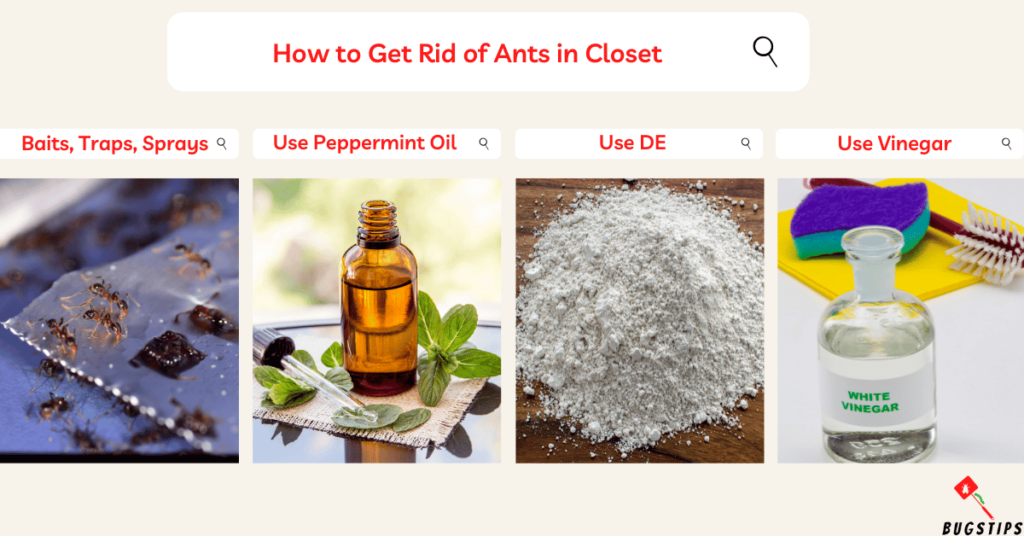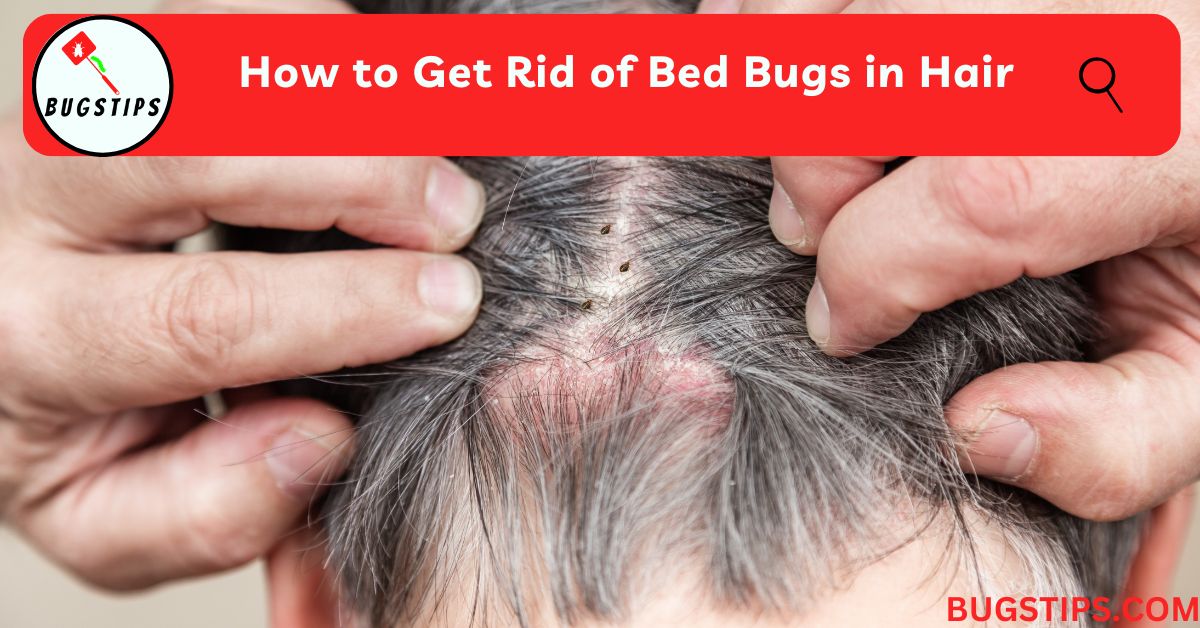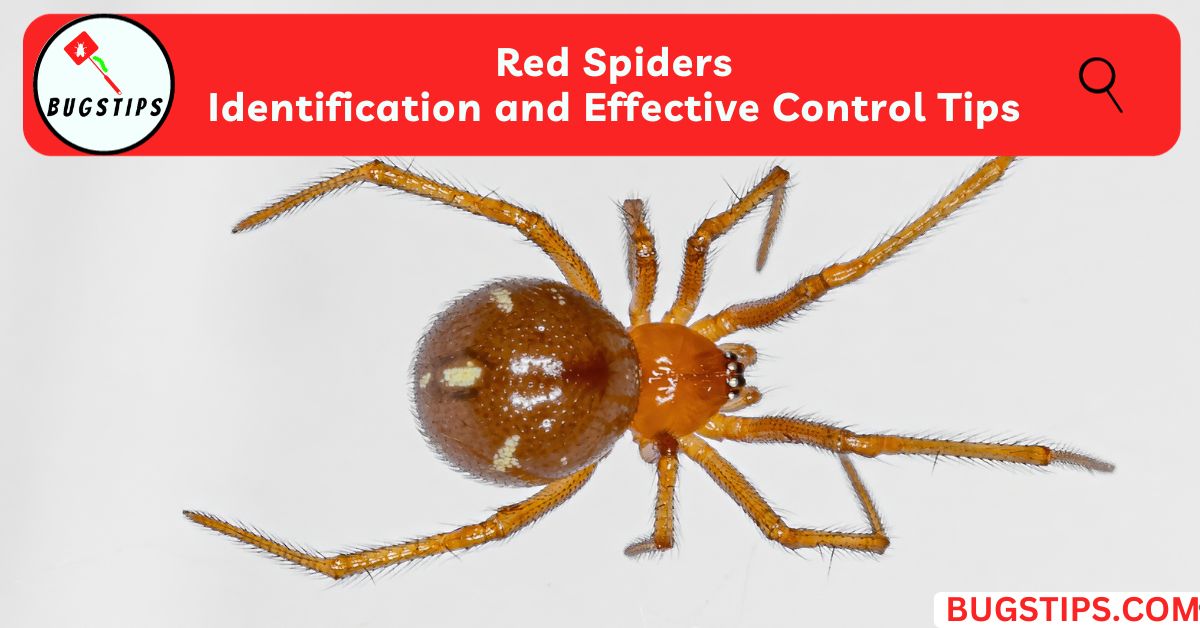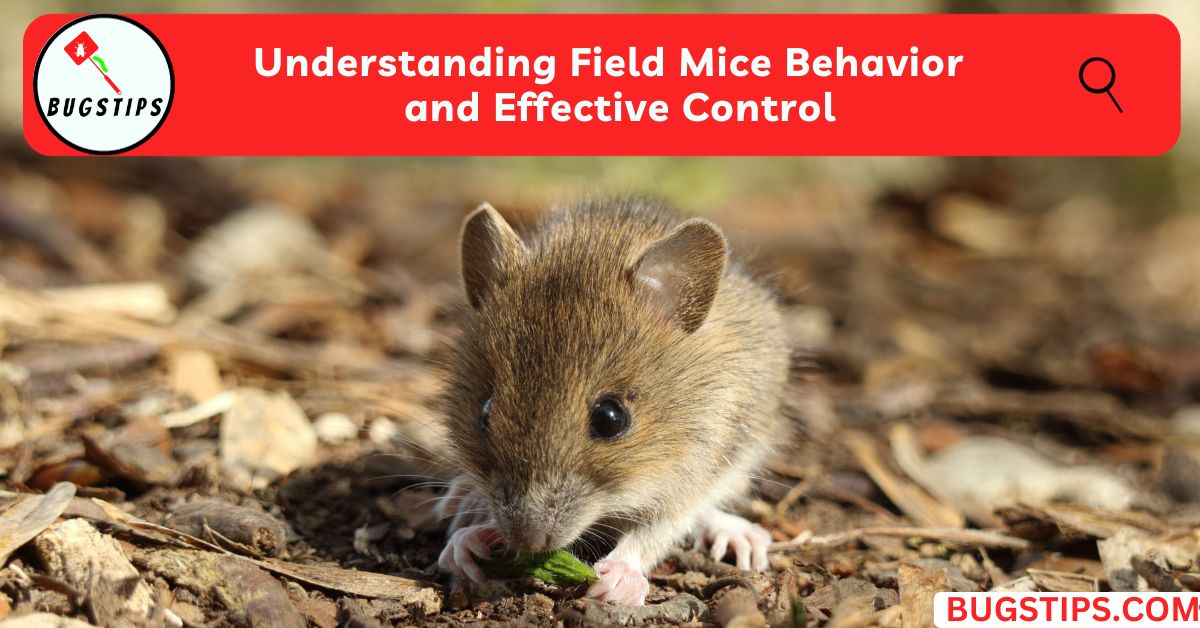This post may contain affiliate links which means as an Amazon Associate, this site may earn a small commission on qualified purchases made through links at no extra cost to you. Learn more on Affiliate Disclosure
Are you tired of dealing with ants invading your closet? Nothing can be more frustrating than discovering these tiny pests crawling all over your clothes and belongings.
If you’re wondering how to get rid of ants in closet and reclaim your space, you’ve come to the right place. This quick guide will walk you through practical tips and effective strategies to eliminate ants from your closet.
And we’ll also provide you with preventive measures to help you get rid of ants in your closet and maintain a pest-free environment. So let’s get started.
Why Do Ants Go in My Closet?
Ants may be drawn to your closet for various reasons, and understanding these factors can help you address the issue effectively.
Here are some common reasons why ants find their way into closets

- Food Sources
- Ants are always on the lookout for food, and your closet may unknowingly provide them with a tempting buffet.
- Crumbs, spills, or even food residue on unwashed clothes can attract ants.
- They have a remarkable sense of smell and can detect even the tiniest food particles.
- Scent Trails
- Ants use pheromone trails to communicate with each other and navigate their surroundings.
- If one ant discovers a food source or a suitable nesting spot in your closet, it will leave behind a scent trail for other ants to follow.
- This can lead to a steady stream of ants making their way into your closet.
- Moisture and Water Sources
- Some ant species are attracted to moisture and water sources.
- If your closet has any leaks, damp areas, or hidden water sources, it can create an attractive environment for ants.
- They may be seeking a water supply to sustain their colony.
- Shelter and Nesting Opportunities
- Closets can provide ants with shelter and suitable nesting spots.
- Dark and undisturbed areas, such as piles of clothes or stored items, can be ideal for ant colonies to establish themselves.
- Ants may seek out your closet as a safe and protected space to build their nests.
Related Article – How To Get Rid of Ants in Bedroom: 10 EASY Methods
Now that we understand some of the reasons why ants go into closets, let’s explore how these tiny invaders manage to enter your closet in the first place.
- Gaps and Cracks
- Ants can squeeze through even the tiniest gaps and cracks in walls, flooring, or the closet itself.
- Doors and Windows
- Ants can enter your closet through open doors or windows, especially if there are nearby ant trails or colonies.
- Pipes and Utility Lines
- Ants can use pipes, electrical wires, and utility lines as highways to access your closet.
By understanding why ants are drawn to your closet and how they enter, you can take appropriate measures to prevent their access and eliminate any existing infestations.
Why Are Ants Attracted to My Clothes?
Ants can show a particular interest in various types of clothing, including clean, dirty, and sweaty garments. Understanding why ants are attracted to these types of clothing can help you take appropriate measures to protect your wardrobe.
Let’s look into the reasons behind their attraction
Clean Clothes
You might be surprised to find ants exploring your freshly laundered clothes. However, ants are not necessarily attracted to the cleanliness of the garments themselves.
Instead, they may be drawn to any food residue, spills, or sweet-smelling substances that might have accidentally found their way onto the clothes.
Even the smallest traces of sugary substances or food particles can pique the ants’ interest.
Dirty Clothes
Ants can be particularly attracted to dirty clothes that have been worn or used.
The combination of body oils, sweat, food stains, and other organic matter on the garments can create an appealing scent for ants.
They perceive these odors as potential food sources, prompting them to explore and potentially infest the dirty clothes.
Sweaty Clothes
The perspiration and body odors present in sweaty clothes can be highly attractive to ants.
The salts, sugars, and proteins in sweat can be enticing to ants in search of nourishment.
If you’ve worn gym clothes or clothes soaked in sweat, it’s essential to handle them promptly and prevent ants from gaining access to your closet.
It's important to note that different ant species may be attracted to different types of clothing based on their preferred food sources and nesting habits. Some ants are more inclined towards sweet substances, while others are drawn to proteins or greasy residues.
Related Article – Defeating Ants in Ceiling | The Ultimate Guide
Do Ants Eat Clothes
While it is true that certain types of ants, such as carpenter ants and Pharaoh’s ants, have been known to chew on cloth, their primary motivation is not to consume the fabric itself.
Ants are generally classified as omnivores, meaning they have a diverse diet that includes both plant and animal matter.
In some cases, ants may chew on clothes as part of their nesting behavior. They might use the fabric fibers to construct their nests, particularly if they are in need of nesting material.
Carpenter ants, for instance, are notorious for excavating wood and creating tunnels for their colonies. In the process, they may inadvertently chew on cloth or other materials found within the nesting area.
However, it’s important to note that ants do not feed on fabrics for sustenance. Clothes themselves are not the primary reason for ants invading your closet.
Related Article – What Attracts Carpenter Ants
Instead, ants are typically attracted to your clothes due to other factors such as food residues, body oils, or sweat that may be present on the garments.
They have a keen sense of smell and can detect even the smallest traces of sugary or greasy substances.
While ants can occasionally eat holes in clothes, this is not a common occurrence, and it usually happens when the clothes are sweaty.
The presence of salts and proteins in sweat can sometimes entice ants to nibble on the fabric. However, this behavior is not widespread and is unlikely to pose a significant concern for most people.
You May Also Like – Dealing with Ants in Electrical Outlets
How to Get Rid of Ants in Closet
Dealing with ants in your closet can be frustrating, but there are several effective methods you can use to eliminate them.

Here are step-by-step instructions for getting rid of ants in your closet, including both natural and chemical methods:
Use Ant Baits
Ant baits are an effective way to target and eliminate ant colonies. Place ant bait stations near ant trails or areas where ants are frequently seen in your closet.
The ants will be attracted to the bait, consume it, and carry it back to the colony, ultimately eliminating the entire nest.
Use Ant Traps
Another option is to use ant traps, which contain a sticky substance or a liquid lure to attract and trap ants.
Place the traps in your closet, preferably near ant entry points or areas with high ant activity.
As ants come into contact with the trap, they will be captured, reducing the population over time.
Related Article – Get Rid of Ants in Carpet: Easy Tips for a Pest-Free Home
Use Insecticide
You may also consider using an insecticide specifically formulated for ant control. Choose an ant spray or dust that is labeled for indoor use and follow the instructions carefully.
Apply the insecticide to areas where ants are present or along their entry points.
Wipe with Peppermint Oil
Peppermint oil has a strong scent that ants dislike, making it an excellent natural repellent.
Dilute a few drops of peppermint oil in water and use a cloth or sponge to wipe down your closet surfaces, including shelves, walls, and baseboards.
Repeat this process regularly to maintain its effectiveness.
Use Diatomaceous Earth
Diatomaceous earth is a fine powder made from the fossilized remains of diatoms.
It acts as a natural desiccant and can be effective against ants.
Sprinkle diatomaceous earth along ant trails, near entry points, or in areas of high ant activity in your closet.
The powder will dehydrate the ants, leading to their demise.
Clean with Vinegar
Vinegar is a natural solution that can help repel ants and remove their scent trails.
Mix equal parts of vinegar and water in a spray bottle and thoroughly clean your closet, paying close attention to areas where ants are commonly found.
This will help disrupt their trial and discourage them from returning.
By employing these step-by-step methods and using the appropriate products, you can effectively eliminate ants from your closet.
Related Article – How To Get Rid of Ants in Bedroom: 10 EASY Methods
Prevention Tips for Keeping Ants Away from Your Closet
Preventing ants from invading your closet is important to keep your clothes and belongings free from pests.
Here are some tips to help you keep ants away from your closet:
- Regular Cleaning and Maintenance
- Keep your closet clean and free from food crumbs, spills, or other attractants that may entice ants.
- Regularly vacuum or sweep the floor, wipe down shelves, and dust off any surfaces where ants could potentially find food sources.
- Storing Food Properly
- Avoid storing food items in your closet, as they can be a strong attractant for ants.
- If you must store any edible items, make sure they are sealed in airtight containers to prevent ants from accessing them.
- This includes pet food, snacks, and other perishable goods.
- Using Ant-Repellent Products
- Consider using ant-repellent products in and around your closet to create a barrier against ants.
- There are various ant-repellent sprays, powders, and granules available in the market that can be applied near the entry points of your closet or along ant trails to deter them from entering.
- Organizing your Clothes and Belongings
- Keep your clothes and belongings organized in your closet to minimize potential hiding spots for ants.
- Use sealed storage containers or garment bags to protect your clothes from ant infestations.
- Avoid leaving piles of clothes on the floor or in open boxes where ants can easily access them.
- Sealing Entry Points
- Seal any cracks, gaps, or openings in and around your closet that ants can use as entry points.
- Use caulk or weatherstripping to seal gaps in walls, baseboards, or door frames.
- Pay attention to areas around pipes, vents, and electrical outlets as well.
By following these prevention tips, you can reduce the risk of ants invading your closet and keep your clothes and belongings safe from pests.
You May Also Like – How to Keep Ants Away from Sugar Jar
Final Thoughts
Dealing with ants in your closet can be a bothersome issue, but taking the right steps can make the process much easier.
Keeping your closet clean and storing food properly can prevent ants from entering in the first place. If you do encounter an infestation, natural remedies or professional pest control products can help you get rid of ants effectively.
Remember that early intervention can prevent a minor issue from becoming a larger one. Follow these tips to eliminate ants from your closet and keep them out for good.
FAQs
Why are ants in my dirty clothes?
Ants are attracted to dirty clothes because they can detect the food residues, body oils, or sweat present on them. These substances serve as a food source for ants, leading them to be attracted to your dirty clothes.
Why are ants attracted to cotton?
Ants may be attracted to cotton because it is a natural material that can absorb and retain moisture. Cotton can also retain traces of food or body oils, making it appealing to ants as a potential food source.
How to get ants out of clothes?
To get ants out of clothes, start by shaking the affected garment outside to remove any visible ants. Then, wash the clothes using hot water and laundry detergent. This will effectively eliminate the ants and remove any food or scent traces that may attract them.
Can I use insecticides in my closet?
Yes, you can use insecticides in your closet to eliminate ants. However, it is important to choose an insecticide that is labeled for indoor use and follow the instructions provided. Take precautions to protect your clothes and ensure proper ventilation while applying the insecticide.
How do I keep ants off my clothes?
To keep ants off your clothes, ensure that your closet is clean and free from food residues. Store your clothes properly in sealed containers or garment bags to minimize access to ants. Regularly clean your closet and use ant-repellent products, such as sprays or granules, near entry points to deter ants from entering.
Resources – (for further reading)
UC ANR – Ants Management Guidelines – UC IPM
University of Kentucky – Ant Control for Householders | Entomology



